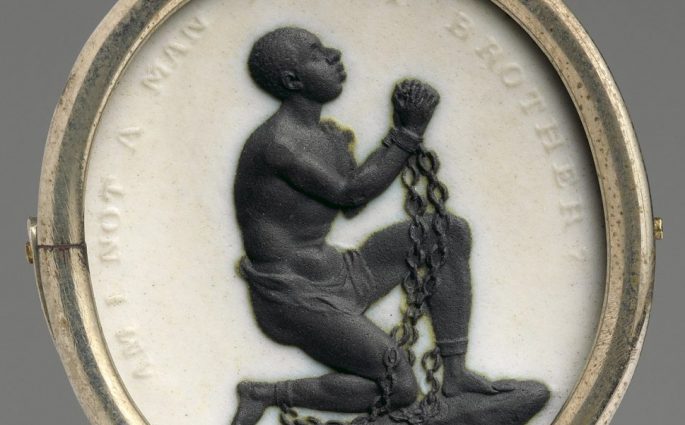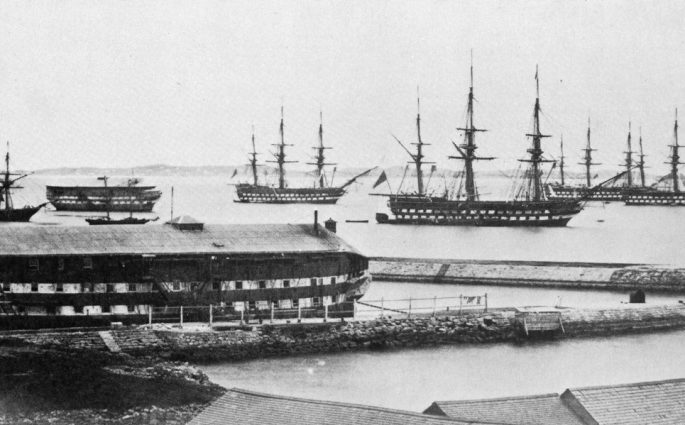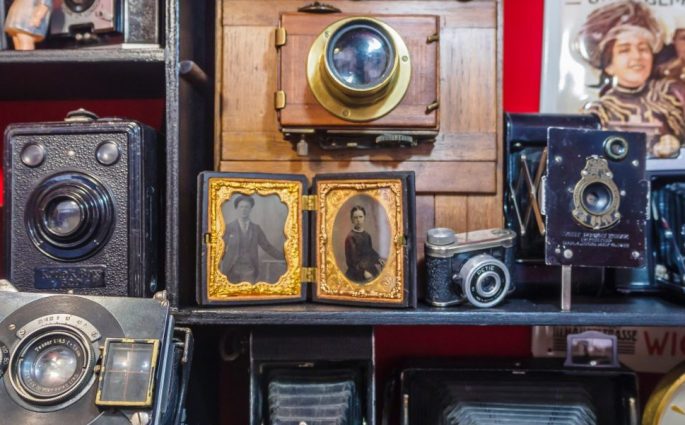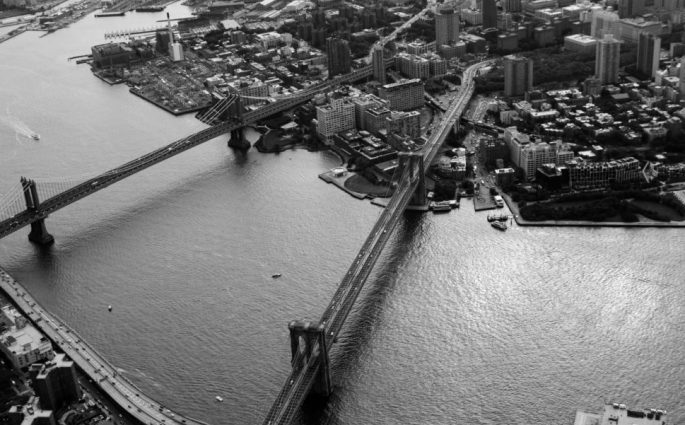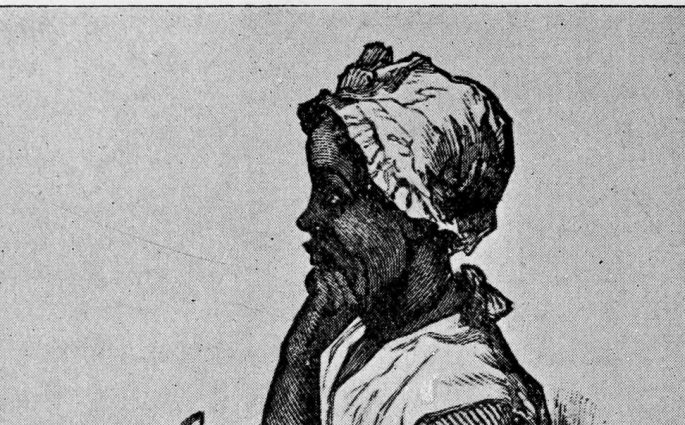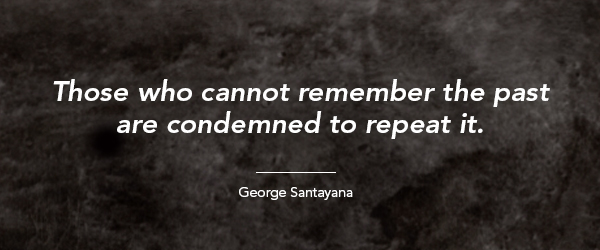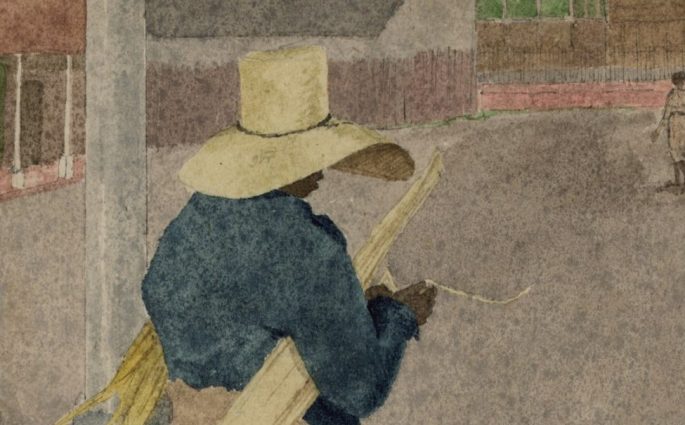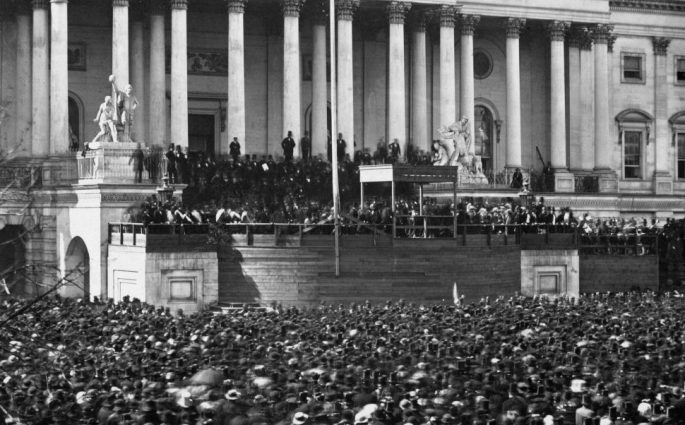Science as a Tool for Emancipation
Eric Herschthal— It does not take much effort to find evidence of the ways science, medicine, and technology contribute to systemic racism. The Covid pandemic exposed how lack of access to quality medical care, coupled with the prevalence of Black people in low-paying front-line jobs, contributed to the pandemic’s disparate

